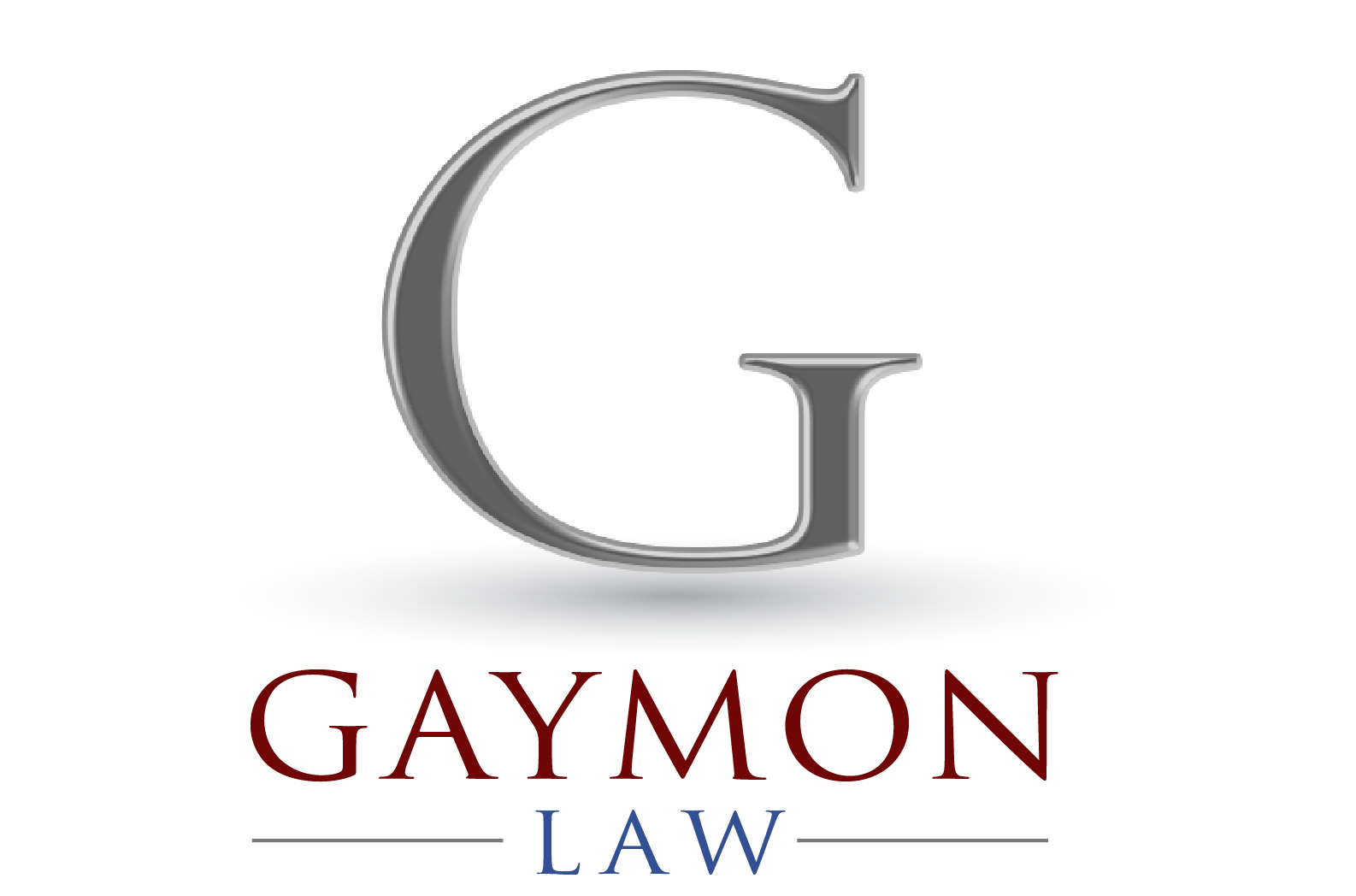Tax Fraud and Tax Evasion
If you have failed to file your tax returns, under-reported your income, or knowingly claimed excess deductions, you may find yourself facing a criminal tax investigation. An IRS criminal investigation is a very serious matter, and criminal tax evasion and tax fraud have the potential to result in a criminal indictment and incarceration. If you know or have reason to believe that you are the target of an IRS criminal investigation, your best option is to contact experienced legal counsel immediately. Do not discuss your situation with IRS criminal investigators without legal advice. Legal counsel can make the difference between freedom and time spent in a federal penitentiary.
If you know or suspect that you are or will be the subject of an IRS criminal investigation, before you talk to the IRS, contact me for help. You may contact me at The Gaymon Law Firm, PLLC, telephone (703) 407-9130, or by completing the Contact Form contained on this Web site.
The typical criminal tax case is investigated by the Internal Revenue Service Criminal Investigation Division (CID). CID investigators are federal agents trained in law enforcement techniques and tactics. Many are accountants who often times have earned their CPA. CID offices are located in various IRS field offices throughout the country. CID special agents conduct a long, exhaustive investigation before deciding to recommend your case for prosecution. Special agents will attempt to interview you, many times your family, friends and business associates. Special agents will also intensively review your financial records looking for unexplained assets or wealth, and other signs of fraud.
Once a CID investigation is completed and the special agent in charge of the case recommends prosecution, the IRS conducts two more levels of review before a final decision is made by the IRS to forward the case to the United States Department of Justice Tax Division in Washington, D.C., for prosecution. At the U.S. Department of Justice Tax Division, federal prosecutors specializing in criminal tax violations once again review the case and make the final decision to prosecute or decline prosecution of the case. If the Department of Justice Tax Division in Washington approves prosecution, the case is sent to the local U.S. Attorney’s office with the direction that the individual or individuals named be indicted and prosecuted for the offenses alleged.
In tax crime cases, the multi-tiered review and approval process can work to your advantage. There are a number of different opportunities available to the taxpayer and his or her counsel to derail a federal criminal case before it ever reaches a grand jury for indictment. At each of the IRS approval levels and at the Department of Justice Tax Division, your lawyer will have the opportunity to meet with government attorneys to attempt to convince them to decline prosecution of your case. If the government has a strong case against you, it is unlikely that he or she will be successful in avoiding prosecution. However, many times experienced counsel can convince the IRS or the Department of Justice Tax Division that the taxpayer made serious mistakes but did not intentionally engage in criminal conduct. In a criminal tax case, your attorney will have a number of opportunities to convince the government to decline prosecution prior to referral to the grand jury.
If you find yourself the subject of an IRS criminal investigation, please consider contacting me at The Gaymon Law Firm, PLLC, telephone (703) 407-9130, or by completing the Contact Form contained on this Web site.


